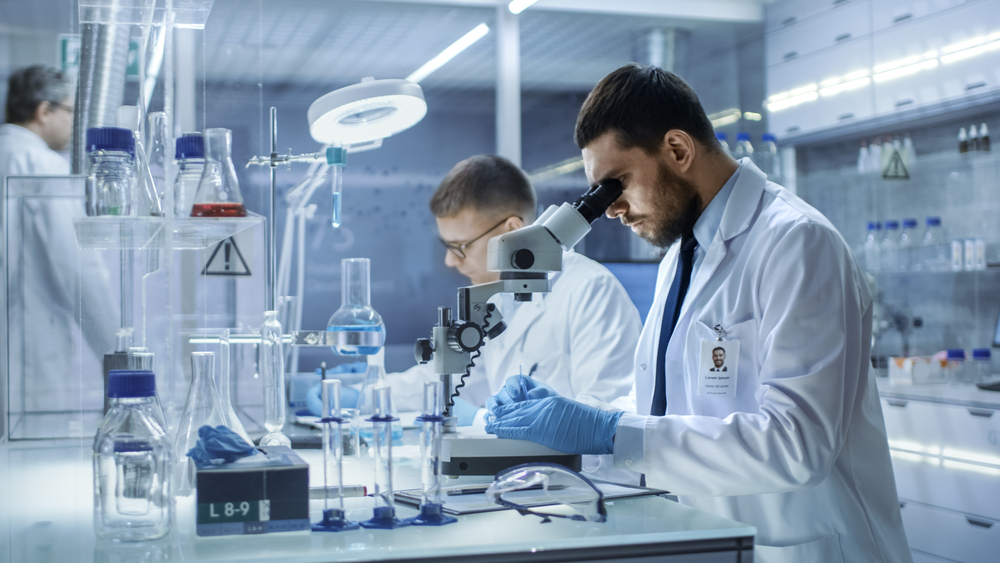What Do Medical Laboratory Technicians Do?
Laboratory testing is critical in disease detection, diagnosis, and therapy. Body fluids, tissue samples, blood, and other substances are collected, examined, and analyzed by Medical and Clinical Laboratory Technicians. Pathologists may also use them to cut and dye tissue specimens for microscopic analysis. They employ a number of techniques to detect bacteria, viruses, fungal cells, cancer cells, and other pathogens. In the state of California, these individuals are commonly referred to as Medical Laboratory Technicians (MLTs). They report to a licensed physician, surgeon, doctoral scientist, pathologist, clinical laboratory bioanalyst, clinical laboratory scientist, or clinical laboratory specialist.
Medical Laboratory Technicians may prepare specimens, operate automated analyzers, or do manual tests following precise instructions.
Medical Diagnostic Laboratory Technicians may work in a variety of clinical laboratory disciplines or specialize in just one. Phlebotomists, for example, collect blood samples from patients, and Histotechnicians cut and stain tissue specimens for microscopic inspection by pathologists.
Microscopes, cell counts, and other complex laboratory equipment are employed. They may also employ automated technology and digital tools capable of performing many tests at the same time. They assess the results of testing and studying a specimen and convey them to physicians.
Working Environment
Medical Diagnostic Laboratory Technicians typically operate in laboratories that are well-lit, well-equipped, and temperature-controlled. Furthermore, laboratories are normally clean; nonetheless, specimens, solutions, and chemicals used in experiments can occasionally emit harmful or unpleasant smells. Technicians may also work at hospitals, clinics, doctor’s offices, blood banks, or independent laboratories.
Technicians frequently spend a significant amount of time on their feet. Those who work with infectious specimens must employ effective infection control and sterilizing measures to keep risks to a minimum. Protective masks, gloves, and goggles are frequently required to assure their safety.
Medical Diagnostic Laboratory Technicians in hospitals and bigger medical laboratories frequently work day, evening, or graveyard shifts, as well as weekends and holidays. Workers at smaller plants may be required to perform rotating shifts rather than regular shifts. In some laboratories, technicians may be required to work on-call several evenings per week or on weekends in the event of an emergency.
Labor unions such as the Service Employees International Union represent some Medical and Clinical Laboratory Technicians.
Should You Become a Medical Laboratory Technician?
Medical Laboratory Technicians deal with real-world challenges and solutions. They are more concerned with tools and equipment than with people. Phlebotomists, who work closely with patients, are an exception to this rule. This job also draws people who appreciate working with ideas and doing a lot of thinking and problem-solving.
Technicians must have strong analytical skills as well as the capacity to work under pressure. Small discrepancies or changes in test chemicals or numerical readouts can be critical for patient care, therefore paying close attention to detail is necessary. Manual dexterity and adequate color vision are essential. Computer abilities are essential due to the extensive usage of automated laboratory equipment.
What Are the Wages and Benefits of Being a Medical Laboratory Technician?
Medical Laboratory Technicians may be paid more when they work on-call, overtime, irregular schedules, or on weekends. Histotechnicians earn the greatest earnings in this huge group, with Phlebotomists earning the lowest.


